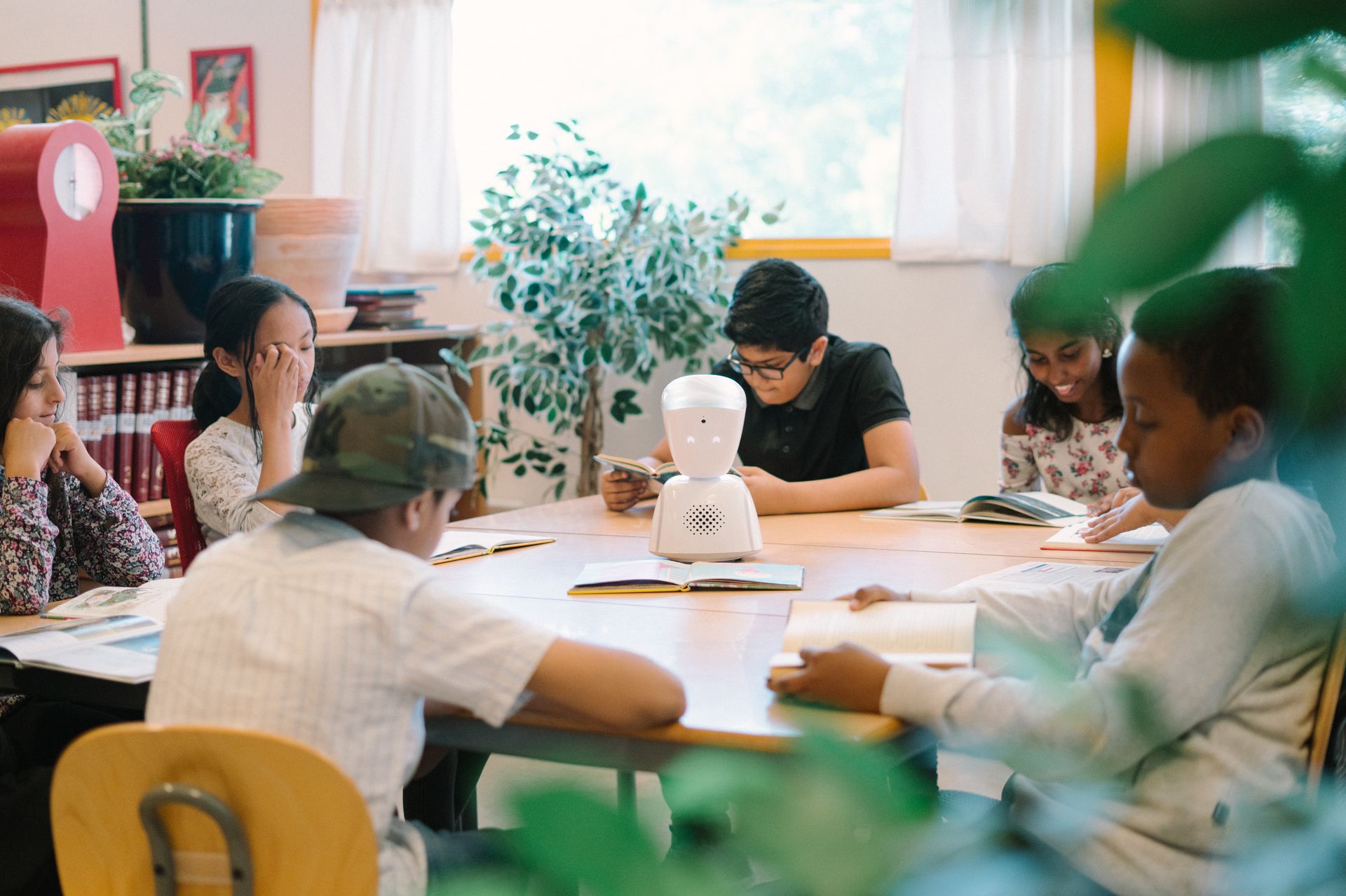
(Vienna, 21 September 2020) In order to avoid problems caused by frequent absences from school, telepresence systems such as avatars could be a useful resource. A research project being conducted by Thomas Pletschko from the Comprehensive Center for Pediatrics CCP from MedUni Vienna and Vienna General Hospital is investigating the effects of avatars on school participation, a sense of belonging, feelings of social isolation and the well-being of children with chronic illnesses.
Around 190,000 children in Austria suffer from chronic conditions such as diabetes, congenital heart defects or cancer. Around 9% of these are unable to attend school regularly, because of medical treatments or hospital stays. This not only has a negative impact upon their education but can also create social and emotional problems for these children. The lack of personal contact with teachers and classmates also leads to feelings of loneliness and social isolation. If children do not have a sense of belonging, they are more prone to mental health issues and low self-esteem and are less able to cope with their illness.
In order to prevent these problems, telepresence systems such as avatars, virtual classrooms and mobile robots have been discussed in recent years in the field of educational psychology. Robots that transmit both sound and images in both directions and can be controlled and moved by the children themselves are commonly used. However, this system is susceptible to technical problems and makes children uncomfortable because of their physical appearance.
The handy AV1 avatar made by the Norwegian firm "No Isolation" transmits sound in both directions but the video image in one direction only. It is controlled by means of an app on a tablet or smartphone. This allows the child to see its classmates without itself being seen. The class is transmitted to the ill child in the form of sound and images and the child can be heard but not seen.
Thomas Pletschko from the Comprehensive Center for Pediatrics CCP of MedUni Vienna and Vienna General Hospital and Head of the Pediatric Brainfit Lab is now conducting a two-year prospective study to assess how the use of the AV1 avatar affects the educational situation of the children and their parents, as well as their teachers. The study will also analyse length of use as well as socio-economic influencing variables. The random sample includes children and adolescents with chronic diseases aged between 6 years and 18 years, who have already attended school for at least one semester and were unable to attend for at least six weeks or are unable to attend regularly because of their illness.
The aim of the study is to gain a better understanding of the educational problems facing children and adolescents with chronic diseases and to identify potential interventions involving the new technology of telepresence systems. The project partners and sponsors are the Heilstättenschule Wien and the private education provider "die Berater", as well as the Occursus Project, 42virtual and Verein Herzkinder.